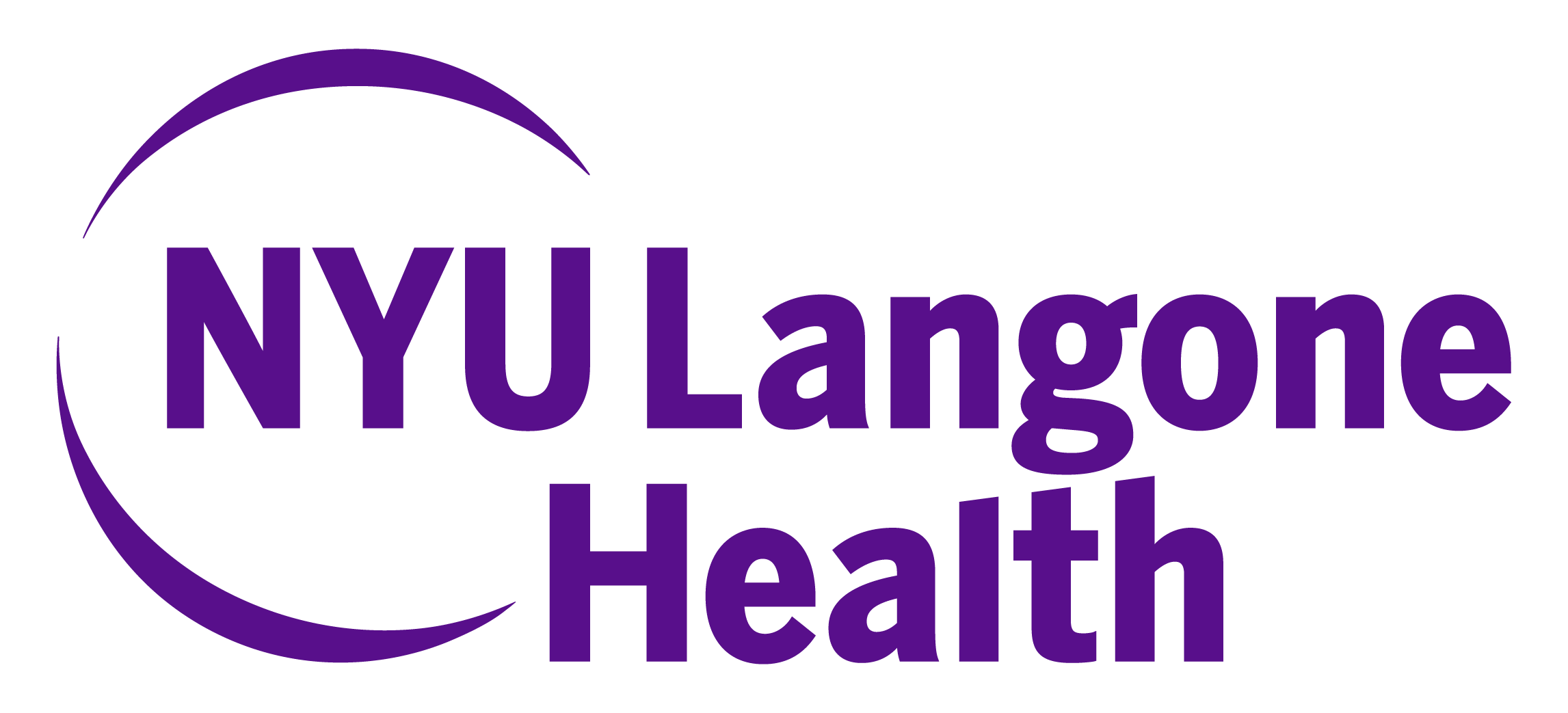- Advertise
- About OncLive
- Editorial Board
- MJH Life Sciences brands
- Contact Us
- Privacy
- Terms & Conditions
- Do Not Sell My Information
2 Clarke Drive
Suite 100
Cranbury, NJ 08512
© 2025 MJH Life Sciences™ and OncLive - Clinical Oncology News, Cancer Expert Insights. All rights reserved.
Pancreatic Cancer Risk Tied to Specific Mouth Bacteria
The presence of certain bacteria in the mouth may reveal increased risk for pancreatic cancer and enable earlier, more precise treatment. This is the main finding of a study led by researchers at NYU Langone Medical Center and its Laura and Isaac Perlmutter Cancer Center.
Jiyoung Ahn, PhD
The presence of certain bacteria in the mouth may reveal increased risk for pancreatic cancer and enable earlier, more precise treatment. This is the main finding of a study led by researchers at NYU Langone Medical Center and its Laura and Isaac Perlmutter Cancer Center were presented April 19 in New Orleans at the 2016 AACR Annual Meeting.
Pancreatic cancer patients are known to be susceptible to gum disease, cavities, and poor oral health in general, say the study authors. That vulnerability led the research team to search for direct links between the makeup of bacteria driving oral disease and subsequent development of pancreatic cancer, a disease that often escapes early diagnosis and causes 40,000 US deaths annually.
“Our study offers the first direct evidence that specific changes in the microbial mix in the mouth—the oral microbiome—represent a likely risk factor for pancreatic cancer along with older age, male gender, smoking, African-American race, and a family history of the disease,” says study senior investigator and epidemiologist Jiyoung Ahn, PhD.
Specifically, researchers found that in men and women whose oral microbiomes included Porphyromonas gingivalis had an overall 59 percent greater risk of developing pancreatic cancer than those whose microbiomes did not contain the bacterium. Similarly, oral microbiomes containing Aggregatibacter actinomycetemcomitans were at least 50 percent more likely overall to develop the disease. Doctoral student and study lead investigator XiaoZhou Fan, MS, says both types of bacteria have been tied in the past to such diseases as periodontitis, or inflammation of the gums.
“These bacterial changes in the mouth could potentially show us who is most at risk of developing pancreatic cancer,” adds Ahn, an associate professor at NYU Langone and associate director of population sciences at its Laura and Isaac Perlmutter Cancer Center.
In another study published last month, Ahn and her colleagues showed that cigarette smoking was linked to dramatic, although reversible, changes in the amount and mix of bacteria in the oral microbiome. But she cautions that further research is needed to determine if there is any cause-and-effect relationship, or how or whether such smoking-related changes alter the immune system or otherwise trigger cancer-causing activities in the pancreas.
For the new study, researchers compared bacterial contents in mouthwash samples from 361 American men and women who developed pancreatic cancer with samples from 371 people of similar age, gender, and ethnic origin who did not. All were initially healthy and participating in larger ongoing cancer-risk studies led by the National Cancer Institute (NCI) and the American Cancer Society. Mouthwash samples were obtained at the beginning of each investigation, after which participants were monitored for nearly a decade to determine who got cancer.
Funding support for the study, which took two years to complete, was provided by NCI grants R01 CA159036, U01 CA182370, R01 CA164964, R03 CA159414, R21 CA183887, and P30 CA016087.
Besides Ahn and Fan, other NYU Langone scientists involved in this research were Alexander Alekseyenko, PhD; Jing Wu, PhD; George Miller, MD; and Richard Hayes, DDS, PhD. Additional research support was provided by Mark Purdue, PhD; Christian Abnet, PhD; and Rachel Stolzenberg-Solomon, PhD, at the NCI in Bethesda, Md.; Eric Jacobs, PhD; and Susan Gapstur, PhD, at the American Cancer Society in Atlanta, Ga.; as well as by Jacque Ravel, PhD, at the University of Maryland in Baltimore.
Media Inquiries:
David March
Phone: 212-404-3528
david.march@nyumc.org
Related Content:





